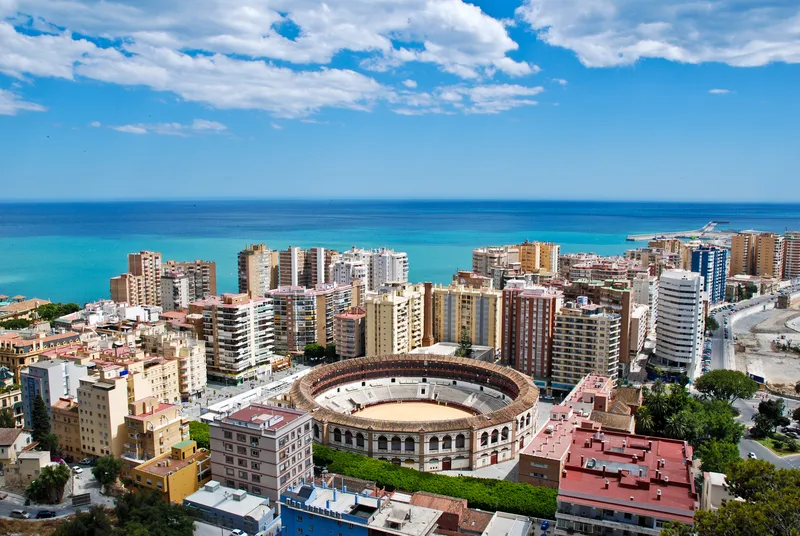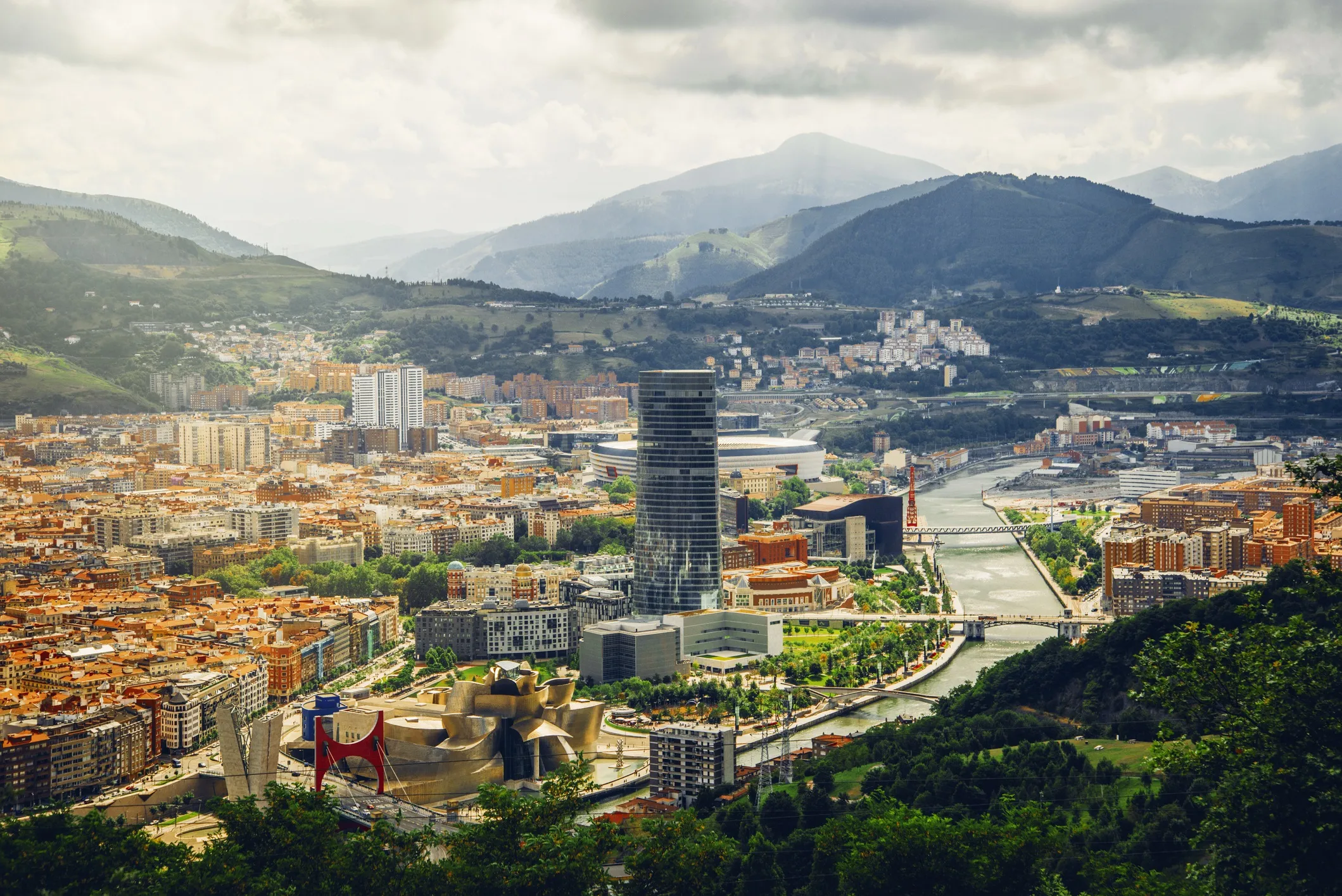Road toll system provider Kapsch TrafficCom is to raise production capacity at its factory in the Swedish town of Jönköping as a result of two orders which have a combined value of US$29.37million.
January 26, 2012
Read time: 1 min
Road toll system provider 4984 Kapsch TrafficCom is to raise production capacity at its factory in the Swedish town of Jönköping as a result of two orders which have a combined value of US$29.37million. The orders concern deliveries of toll transponders to South Africa and France, and the Austrian company hoped to raise production capacity at its Jönköping plant by 7-10 million transponders annually.








